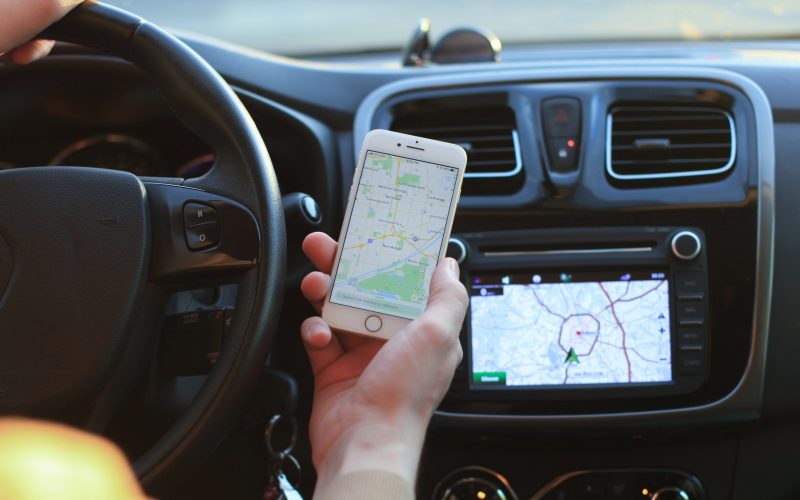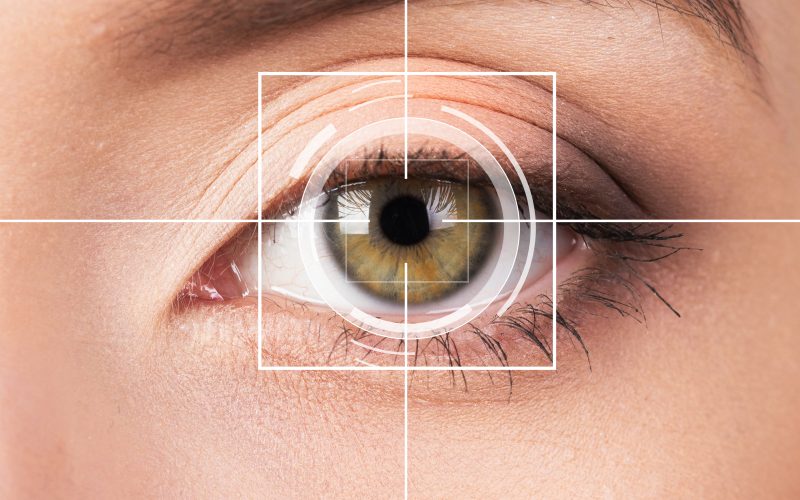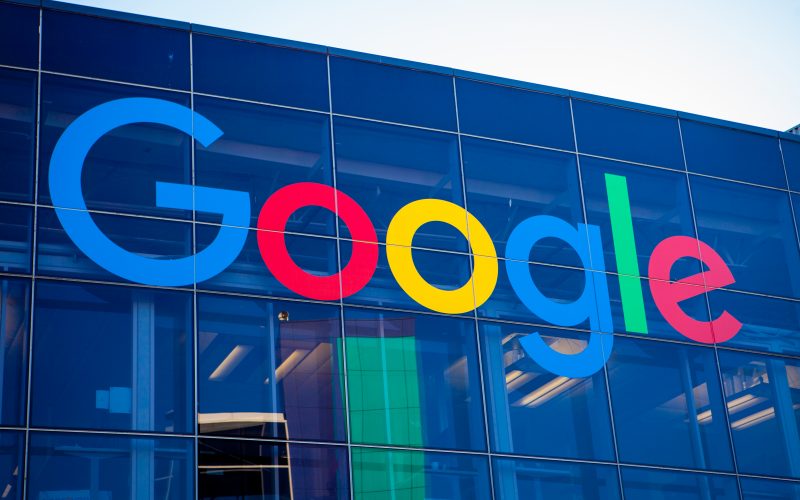Law professor Gregory H. Shill joins us to talk about the many ways driving has been written into our legal system.
Read more


Law professor Gregory H. Shill joins us to talk about the many ways driving has been written into our legal system.
Read more
Sarah Parcak joins us to talk about how satellites are being used to scan for buried artifacts and more.
Read more
Karen Kornbluh joins us to talk about whether we should establish a government agency to monitor the spread of disinformation online.
Read more
Nara B. Milanich joins us to talk about how confirming biological fatherhood is only the beginning of establishing what it means to be a dad.
Read more
M.R. O’Connor joins us to talk about how the drive to explore is deeply rooted in how our brains function.
Read more
Arthur Holland Michel joins us to talk about balancing surveillance technology’s ability to save lives with its potential for significant intrusion.
Read more
Avi Bar-Zeev joins us to talk about how eye tracking technology offers companies an opportunity to monitor our thoughts.
Read more
Dan Albert joins us to talk about how our lives might shift when we’re no longer behind the wheel of a vehicle.
Read more
Beth Kowitt joins us to talk about how Google’s workers are beginning to wonder if the company’s “don’t be evil” mantra aligns with their practices.
Read more
BBC science reporter Angela Saini joins us to talk about why some scientists cling to the idea that race is a biological characteristic instead of a social construct.
Read more
Katherine Eban joins us to talk about how companies frequently ignore safe manufacturing practices in order to maximize the profits of generic drugs.
Read more
Washington Post technology columnist Geoffrey Fowler joins us to explain how our phones, when charging, send our data to marketing companies and research firms – and about how the makers of our phones are doing very little to protect our privacy.
Read more